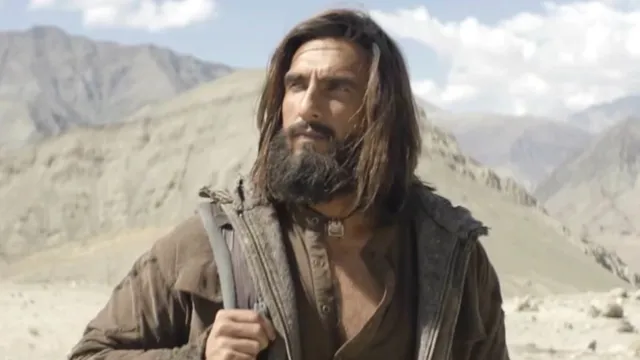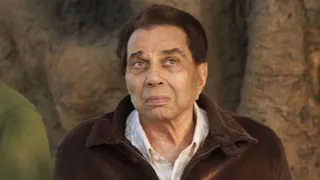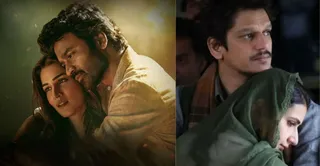- By Swati Singh
- Sat, 29 Nov 2025 12:03 AM (IST)
- Source:JND
Just a few days ahead of the release of Ranveer Singh's much-awaited movie Dhurandhar, the family of the late Major Mohit Sharma—Ashoka Chakra and Sena Medal awardee—has approached the Delhi High Court seeking an urgent stay on the film’s release and screening. In their petition, they claimed that the movie draws extensively from the officer’s life, his undercover operations and his martyrdom without obtaining consent from the family or the Indian Army. The case is being represented by advocates Roopenshu Pratap Singh and Manish Sharma of Samaanta Law Firm (SLF).
The petition states that multiple scenes in the Dhurandhar trailer and its promotions “clearly reflect” Major Mohit Sharma’s military journey, particularly his counter-terrorism missions in Kashmir. Since the trailer’s release, online discussions have frequently compared Ranveer’s character to the late officer. The family claims the filmmakers neither acknowledged these similarities nor consulted them at any stage of the film’s development or release.
The plea stresses that a martyr’s life cannot be used as a commercial product and portrayed without truth, dignity or consent. The family argues that the film’s unauthoried depiction violates Major Sharma’s posthumous personality rights under Article 21 and infringes on their own privacy, dignity and emotional well-being.
Recommended For You
The petitioners argue that Dhurandhar appears to showcase sensitive military tactics, infiltration techniques and operational details without any proof that the filmmakers sought clearance or script approval from the Indian Army’s Additional Directorate General of Public Information (ADGPI), the body responsible for overseeing the Army’s portrayal in media. According to them, there is no indication that the required permissions or consultations took place.
The family has asked the Delhi High Court to stop the film’s release until they are allowed to privately screen it. They also seek a directive mandating that filmmakers obtain consent from a martyr’s legal heirs and the Indian Army before creating or releasing any representation of a real-life military hero.





